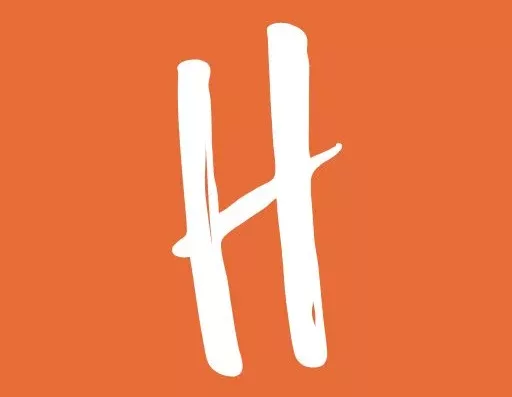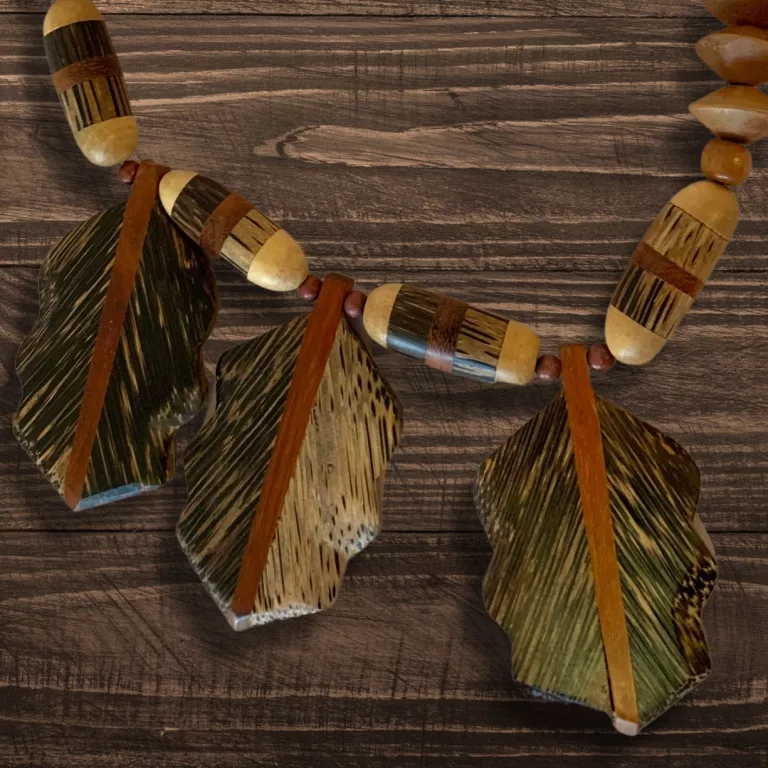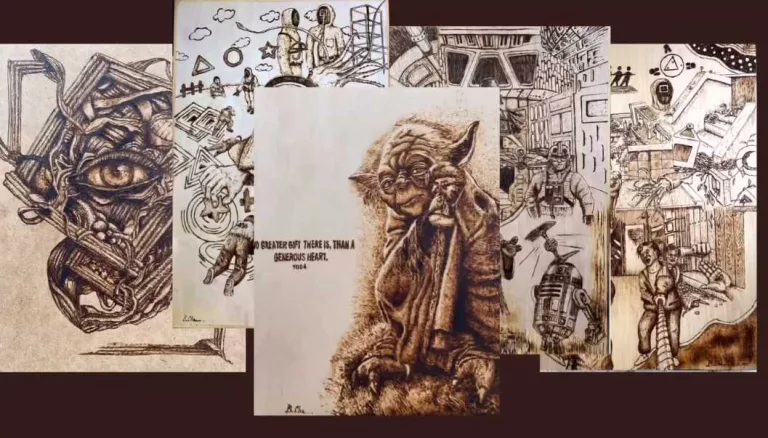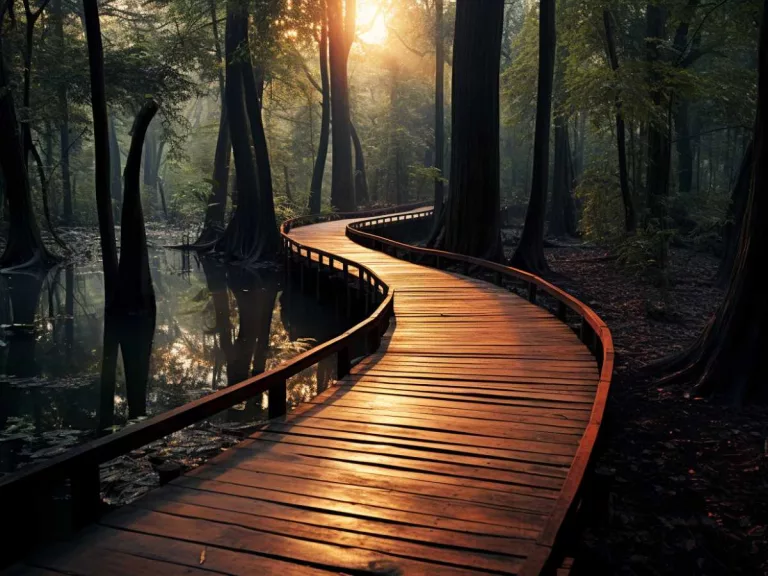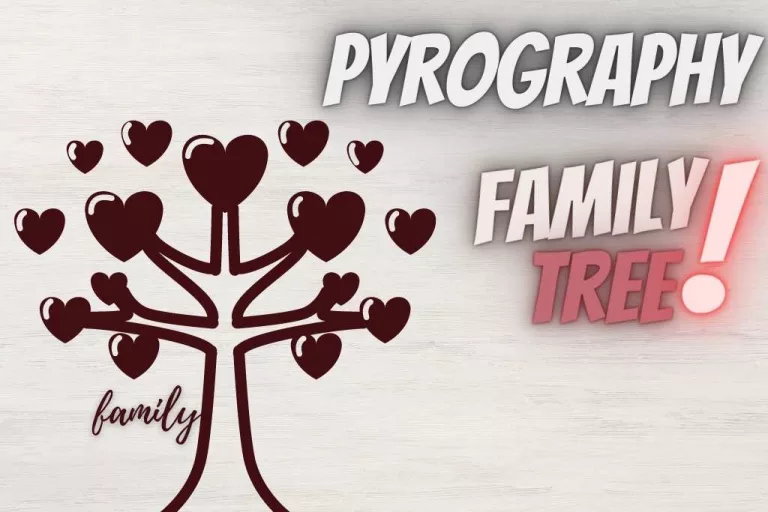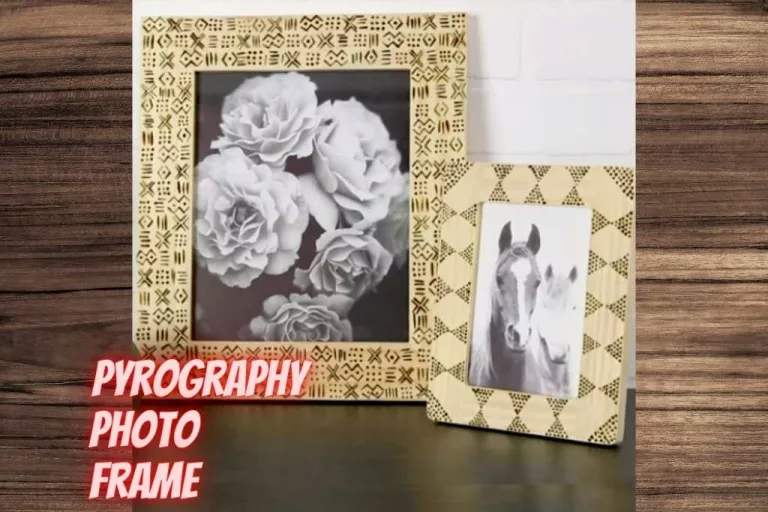Pyrography Colored Pencil – 4 Awesome burn coloring pencil (and pencil-like) tools!
You can use pyrography colored pencil, or even pen and brush to add more graphic details. Since there is no hard and fast rule for pyrography art and the materials used for decorating wood burning, people have been getting more creative with this artwork in their own ways. Instead of just keeping the burned engravings on the wood, pyrographers now add various colors to their artwork.
You can certainly use colored pencils to add more details to your pyrography work. At the same time, knowing what type of pencil or other colors you can use without worrying about damaging the wood burning design is essential. In that case, you can use watercolor pencils, markers, acrylic paint, oil paints, etc.
But then comes the question, what is the best way to use these colored pencils or markers or what particular colored pencils should you use? If you want to find out, I suggest you read the full article.
Types of Pyrography Colored Pencil
Sometimes, adding colors can make your pyrography project appear even more appealing to viewers. Besides, it is one of the best ways to draw young children’s interest in coloring or getting them into a hobby.
Now the question is, what type of woodburn colored pencil can you use? Can you use other types of colors or paints?
First of all, yes, you can use more than just colored pencils for your pyrography projects. And there is a variety of colors or color media suitable to use on wood or wood burning work. So let’s take a look at the type of colors you can use for coloring your artwork before I move to more explanations.
- Colored pencils
- Markers
- Acrylic paints
- Watercolor paints/pencils
- Oil paint
- Stains
- Crayons
I will limit the discussions within colored pencils, markers, watercolor pencils and crayons here.
Colored Pencil

Colored pencils are the most basic type of color media for application on wood burning projects. From kids to older people, anyone can use these pencils to color wood. Mostly, it is the most suitable color application media for beginners.
Colored pencils are made of wood and work just like regular pencils, except they contain various colors. That is why it is easier to get more control over the application. They leave a sketch-like appearance on your wood work and you can erase them more easily if needed.
| Pros | Cons |
| Suitable for beginners | Difficult to cover larger areas |
| Easy to apply | Requires multiple-layer application to get a deeper shade |
| Blends well with wood | |
| Allows you to apply multiple layers | |
| Can be erased | |
| Low price |
Watercolor Pencil
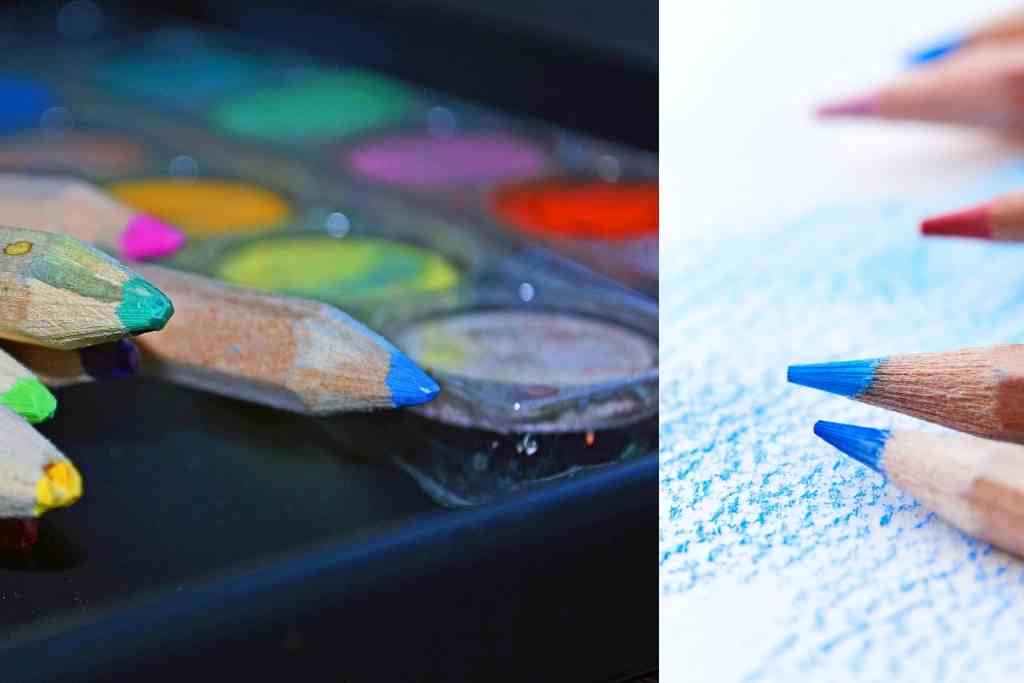
I see there is confusion between colored pencils and watercolor pencils. So let me clear it out first. The watercolor pencil’s pigments are bound together by something called a water-soluble binder.
So when you disperse water with a painting brush onto the pencil’s pigments after applying them on the wood surface, it looks like you have applied watercolor paint. You can also use these pencils as regular colored pencils, except they will not leave the similar vibrant finish that they would with water.
If you are unaware of how watercolor pencil works, I suggest you watch this video.
| Pros | Cons |
| Can be used as both regular colored pencils and watercolor | Pretty expensive |
| Easier to lighten the color if needed | Limited color range |
| Suitable to cover larger areas | |
| More efficient than traditional watercolor | |
| Can be used with other media for blending |
Though following ones are not pencils, nevertheless, these are very much related and used as substitutes of color pencils in many cases based on their specific applications.
Marker
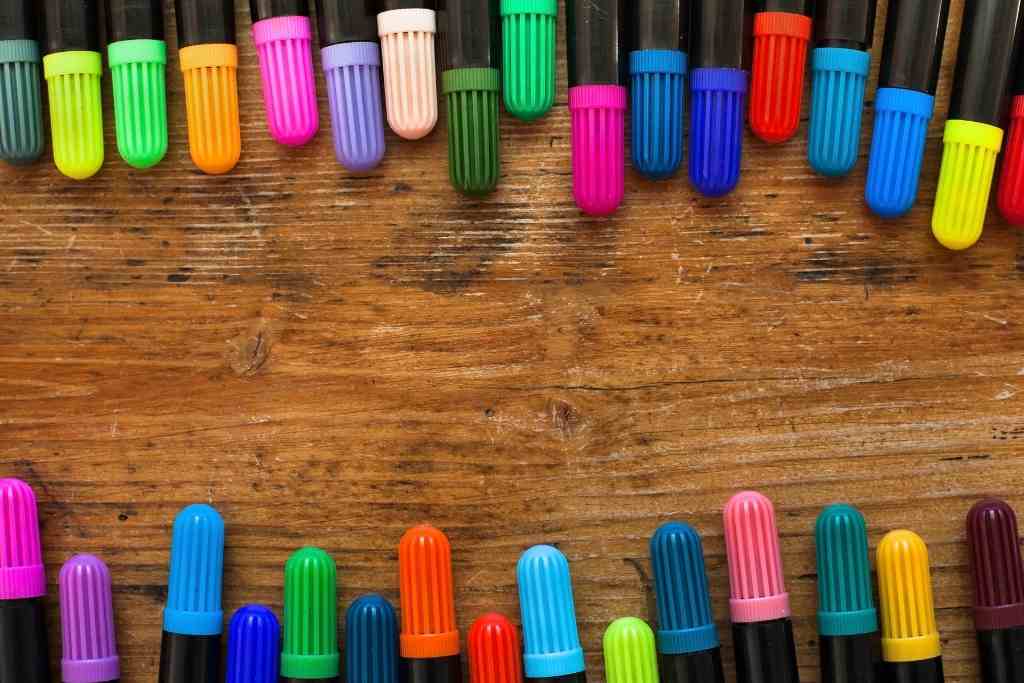
For your pyrography work and adding some vibrant colors, markers can be an excellent option. Like watercolor paint or pencil, marker pigments “bleed” when applied, but that is only on certain surfaces.
But coloring your wood burning projects with markers can be relatively easy. The best part of using markers is that they come in a massive variety of color and are always color-coded, making it easier to pick just what you need.
| Pros | Cons |
| Very easy to be precise with the artwork | Fades pretty quickly |
| Offers better control | There are better options |
| Glides through the smooth wood surface without any glitch | |
| Consistency in paint flow | |
| Color-coded system |
Here’s a detail discussion on burning markers.
Crayons
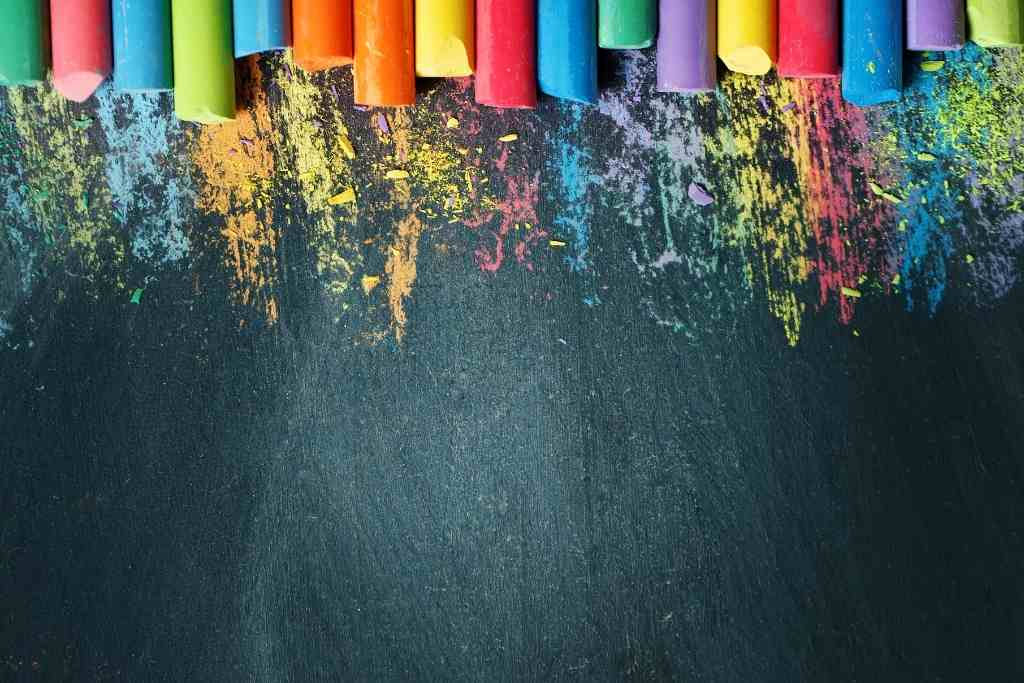
Crayons are not exactly your best go-to color option for adding color to your pyrography wood piece. But if there is nothing close at hand, or you would want something cheap to practice, crayons can be an easy option.
The problem with coloring wood burning piece with crayons is that they have a lighter pigment and takes more effort to get your desired color or shade. And they are also not very suitable for detailing. But how much can you expect for such a cheaper price they come in, right?
| Advantages | Disadvantages |
| Easily available almost everywhere | Does not offer a durable color |
| Comes in a variety of color at a very cheap price | Breaks pretty easily |
| Suitable for beginners and kids | |
| Easy to work with | |
| They are non-toxic and safe to use |
Apart form all these discussed above, should you face any urge to amend/rectify any part of your art, please read this link on troubleshooting the burn art first.
EndNote
Adding color to pyrography is fun for anyone, especially for young pyrographers. Now you know that you can use more than just the colored pencil to color your wood burning projects. But make sure to choose a good-quality color option to ensure the colors last longer.
